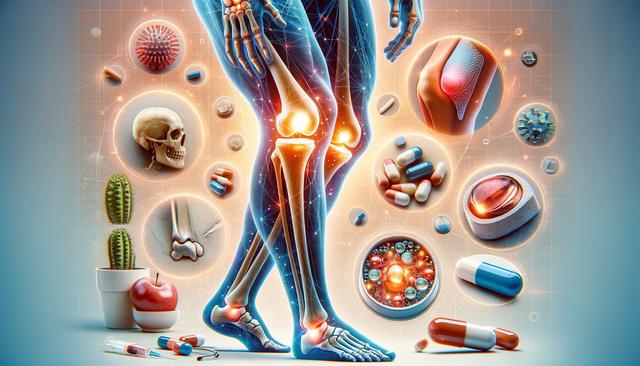Understanding Leg Pain at Night
Leg pain at night is a common issue that can interrupt restful sleep and impact daily life. Several factors contribute to this discomfort, making it important to understand both the leg pain at night causes and relief options available. Common causes include muscle fatigue from daytime activities, poor circulation, nerve issues, or underlying health conditions such as diabetes or arthritis. Identifying the root cause is the first step toward effective management. Some individuals may experience restless legs and sleep issues, where an uncontrollable urge to move the legs prevents deep sleep. Others may struggle with nighttime muscle pain in legs, leading to frequent awakenings and morning fatigue.
Common Remedies for Nighttime Leg Pain
Once the causes are better understood, exploring remedies for leg pain while sleeping can provide significant relief. Simple lifestyle changes often make a substantial difference. Here are a few strategies:
- Engage in gentle stretching exercises before bed to relax the muscles.
- Stay hydrated throughout the day to prevent muscle cramps.
- Elevate your legs slightly while sleeping to promote better circulation.
- Use supportive pillows to maintain proper leg alignment.
- Apply warm compresses to soothe tense muscles.
Additionally, maintaining a consistent sleep schedule and creating a calming bedtime routine can minimize restless legs and sleep issues. Addressing these habits not only improves leg pain but also enhances overall sleep quality, helping you wake up feeling more refreshed.
How to Stop Nighttime Leg Cramps Effectively
Learning how to stop nighttime leg cramps involves both preventative measures and immediate relief techniques. Leg cramps, often described as sudden, sharp pains, typically occur in the calf muscles and can last from a few seconds to several minutes. To prevent cramps:
- Perform regular calf and hamstring stretches daily.
- Wear properly fitted shoes with good support.
- Ensure adequate intake of electrolytes, particularly magnesium and potassium.
If cramps occur, gently massaging the muscle, applying heat, or walking around the room can help alleviate discomfort quickly. Incorporating these methods into your nightly routine can significantly reduce the frequency and intensity of nighttime muscle pain in legs, leading to improved sleep quality over time.
Managing Restless Legs and Sleep Issues
Restless legs syndrome is a neurological condition that can severely impact sleep. Those facing restless legs and sleep issues often describe an irresistible urge to move their legs, especially during periods of rest. Managing this condition involves a combination of lifestyle adjustments and, in some cases, medical intervention. Key strategies include:
- Limiting caffeine and alcohol intake, particularly in the evening.
- Engaging in moderate, regular exercise while avoiding excessive exertion close to bedtime.
- Practicing relaxation techniques such as meditation or deep breathing exercises.
When lifestyle changes are insufficient, consulting a healthcare provider for professional advice is recommended. Treatments may include medications or specific therapies designed to address neurological imbalances that contribute to the discomfort. Addressing restless legs thoroughly can lead to better sleep and more energized mornings.
Long-Term Strategies for Nighttime Leg Pain Relief
For lasting relief from leg discomfort, it is important to integrate long-term strategies into your daily life. Understanding leg pain at night causes and relief allows for personalized solutions that address individual needs. Key approaches include:
- Keeping a sleep diary to identify patterns and potential triggers for leg pain.
- Maintaining a balanced diet rich in essential nutrients to support muscle and nerve health.
- Regular medical checkups to monitor and manage underlying health conditions.
Taking a proactive approach to nighttime leg pain ensures that issues are addressed early, preventing them from escalating into chronic problems. With consistent efforts, you can minimize nighttime muscle pain in legs and enjoy deeper, more restorative sleep.
Conclusion
Relieving leg pain during the night is achievable with a thoughtful combination of lifestyle changes, preventative measures, and when necessary, professional care. By addressing factors like leg pain at night causes and relief, implementing remedies for leg pain while sleeping, and learning how to stop nighttime leg cramps, you can significantly improve your quality of sleep. Managing restless legs and sleep issues effectively will not only reduce discomfort but also promote overall well-being. Prioritizing these strategies can help you wake up refreshed and ready to embrace each new day with renewed energy.




Leave a Reply